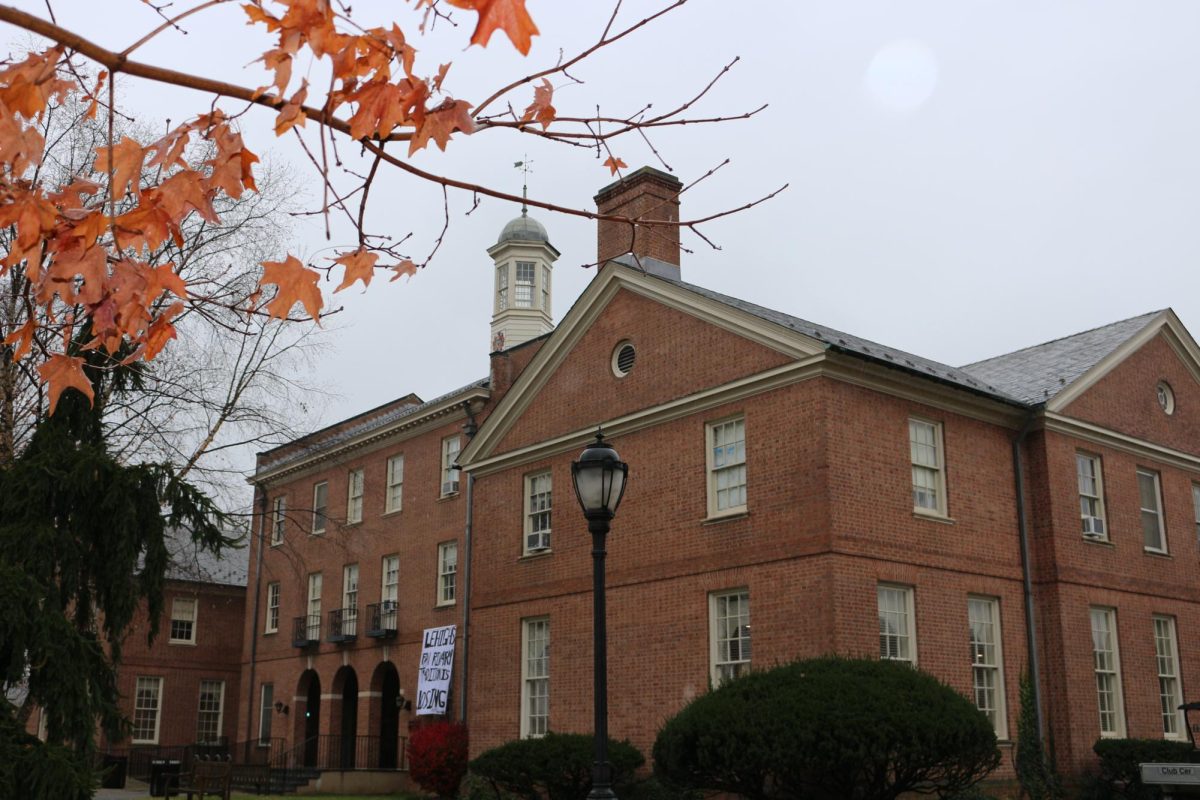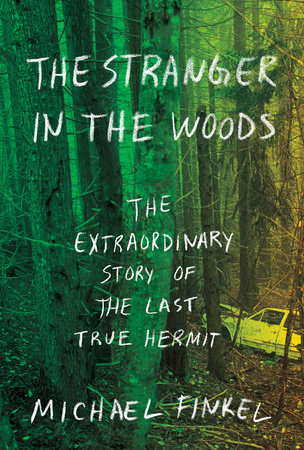Journalist Michael Finkel’s book “The Stranger in the Woods” is subtitled “The Extraordinary Story of the Last True Hermit,” which I expected to be a bit of hyperbole. People unplug for days and even weeks, but who would willingly live alone in the dense Maine woods for more than 20 years, speaking only once to say “hello” to a passing hiker? Apparently, Christopher Knight would.
This book is Knight’s account of his life alone in the wilderness for 27 years, told over a few days of prison interviews with Finkel. Odd, shy, intelligent and reclusive, Knight lived by stealing from cabins around North Pond and Little North Pond in the woods of Maine. He never lit a fire and braved brutal winters, but successfully eschewed all human contact.
His repeated thefts from a string of cabins and summer camp around North Pond terrorized and intrigued his neighbors for decades. He left not a footprint, neatly cleaned up after his break-ins and always managed to steal books in addition to food and other supplies. Knight became not only a legend but a source of uneasiness and a figure of bemusement for many people. Some even began to admire him.
When finally caught on sophisticated high-tech surveillance equipment, Knight was arrested, tried and sent to jail. He readily admitted his guilt and expressed true remorse for his crimes, stating simply that “he had not been brought up to steal.” Finkel ably constructs a compelling picture of a well-read, intensely introverted man who is as highly skilled in survival techniques as he is unskilled and uninterested in human interaction. The author delves into meditations on solitude, morality and personality as he attempts to understand what drove Knight to such lengths as to avoid all fellow humans.
Finkel and Knight have some very in-depth conversations, delving into topics such as the nature of man, Knight’s relationship with nature and finding one’s place in a mechanized and civilized world. Is Knight mentally ill? Should he be punished severely for his thievery? Did he harm anyone? Is there a place for hermits in modern society? What is a hermit, anyway? These and many other questions weave in and out of the narrative.
Wisely, Finkel allows the reader to form his or her own conclusions. While Knight has finished serving his prison sentence and is most likely done with parole, he and his family have declined all requests for updates on his situation. In this age of oversharing and ubiquitous social media, such reticence is quite refreshing.






















































































































